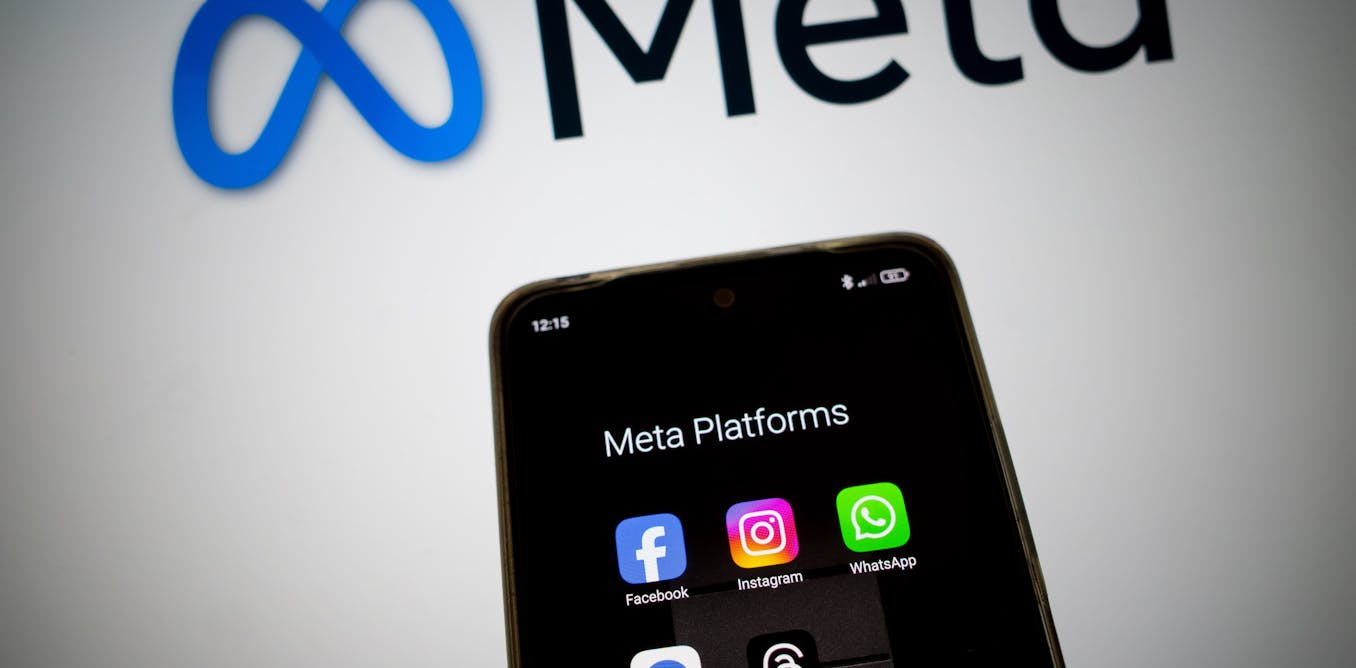
In a significant development for data protection in Nigeria, Meta, the parent company of Facebook, Instagram, and WhatsApp, has been ordered to pay three fines totaling over USD 290 million. These fines were levied by the Nigeria Federal Competition and Consumer Protection Commission, the Nigerian Data Protection Commission, and the Advertising Regulatory Council of Nigeria, following allegations of intrusive data practices against Nigerian consumers. Meta has denied these allegations and is currently challenging the fines in court.
Experts in entrepreneurship and international business, such as Tolu Olarewaju and Professor Jagannadha Pawan Tamvada, provide insights into the broader implications of these fines for both Meta and Nigeria’s digital landscape.
Understanding Meta’s Violations
The controversy traces back to WhatsApp’s privacy policy update on January 4, 2021, which mandated data-sharing with Facebook and its subsidiaries. Users were faced with a stringent “take it or leave it” policy, essentially agreeing to the new terms or losing access to the app entirely. This led to a joint investigation by Nigerian authorities, conducted over a period from May 2021 to December 2023, focusing on consumer protection and data regulations.
It was discovered that Meta had reportedly not complied with local data protection laws, failed to appoint a necessary Data Protection Compliance Organization, and neglected to submit mandatory regulatory reports for two consecutive years. This lack of adherence represented not just a breach of regulations, but a lack of respect for Nigeria’s regulatory framework.
Nigeria, with a population nearing 236 million and approximately 107 million active internet users, is a burgeoning digital market. The spotlight is on platforms like WhatsApp, Facebook, and Instagram, which remain popular tools for communication and business. Since these platforms are vital to many Nigerian entrepreneurs and digital marketers, Meta’s practices have drawn scrutiny for potential exploitation.
Regulatory Findings Against Meta
The regulatory inquiry revealed that Meta was involved in a plethora of violations, including:
Unauthorised Data Sharing: Meta allegedly shared personal data of Nigerian users without obtaining consent, violating both the Nigeria Data Protection Commission and Federal Competition and Consumer Protection laws.
Discriminatory Practices: It was noted that Meta provided robust privacy protections in regions like the European Union while offering less in Nigeria, drawing criticism for perceived double standards.
Denial of Data Self-Determination: Users found themselves with limited rights to control their data, as they were pressured to accept inadequate privacy policies.
Abuse of Market Dominance: The Federal Competition and Consumer Protection Commission accused Meta of wielding its dominant market position to impose unfair terms.
Tying and Bundling: Meta was found to be employing tactics that forced users to agree to a single, overarching privacy policy covering multiple services, limiting consumer choice.
The culmination of these issues resulted in fines totaling USD 220 million, alongside mandates to rectify these practices.
Implications for Meta and Nigerian Digital Landscape
This unprecedented regulatory action indicates a turning point in how international companies engage with local laws and consumer rights in Nigeria. Meta will be compelled to comply strictly with Nigerian regulations, including appointing compliance organizations and ceasing exploitative practices. The court’s rulings underscore the need for greater accountability from global tech companies.
While this scrutiny poses challenges for Meta, it also presents opportunities for the evolution of Nigeria’s digital infrastructure and enhances the integrity of consumer protection laws. As the Nigerian digital economy progresses, a suite of homegrown platforms is emerging to offer local alternatives while promoting innovation and fairness.
With businesses and content creators in Nigeria increasingly relying on these platforms for connectivity and engagement, the consequences of such regulatory measures may steer Meta towards much-needed improvements in user trust and data security.
As developments unfold, it will be crucial for social media platforms operating in Nigeria to adapt to these regulatory standards, ensuring a safer, more equitable digital experience for all users.
#BusinessNews #Technology


